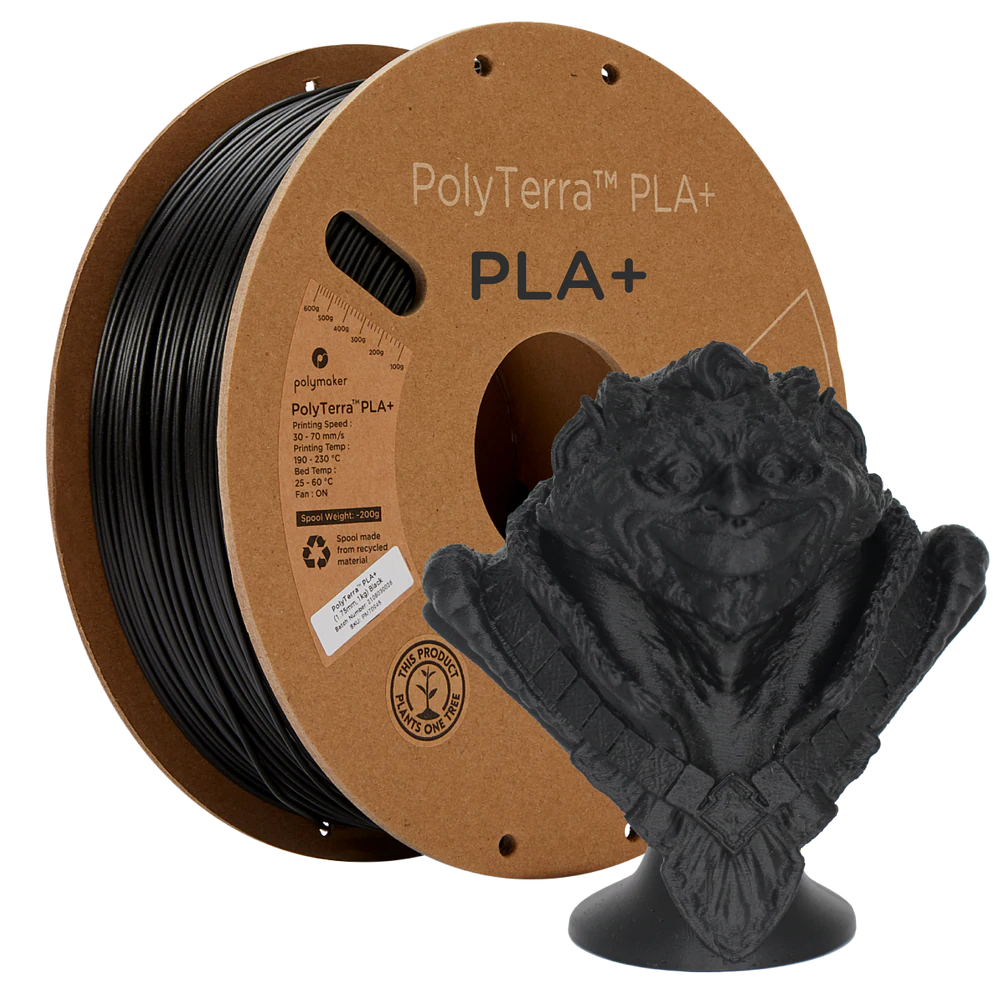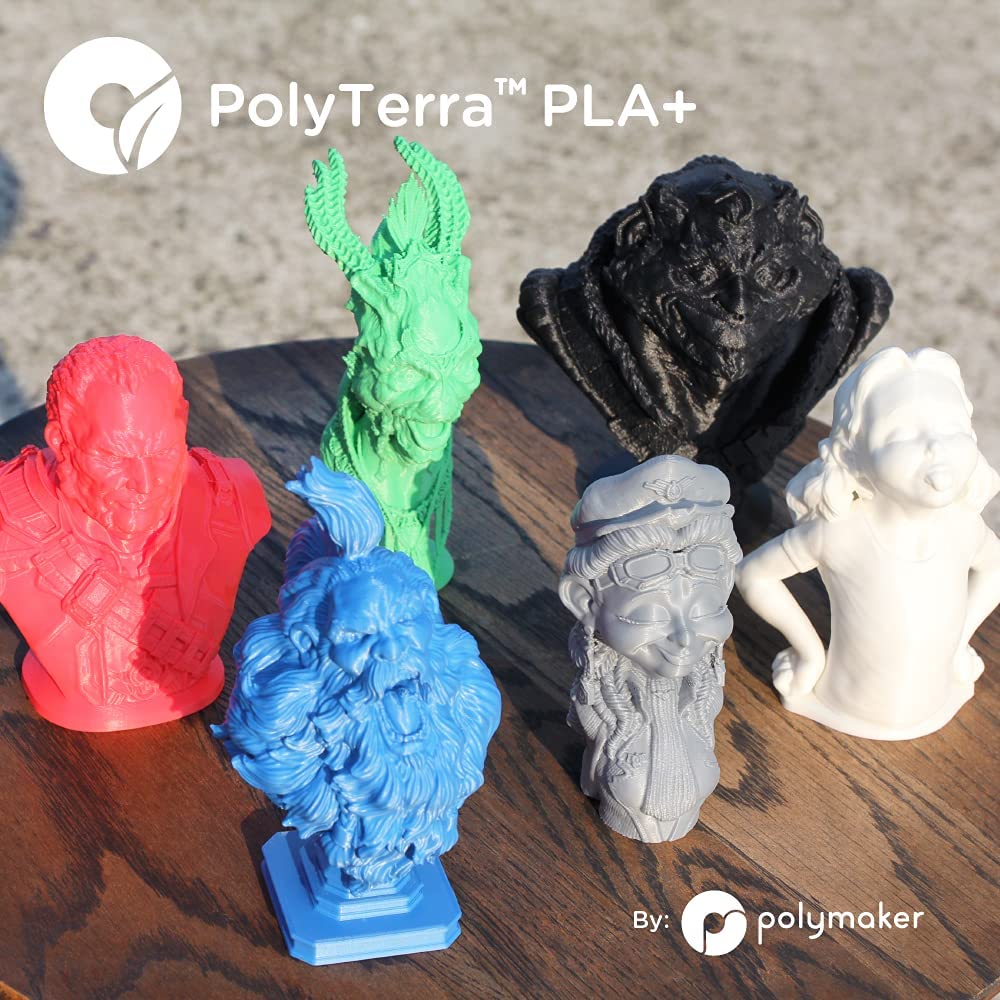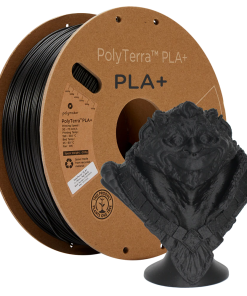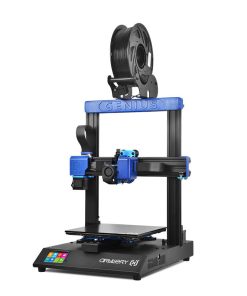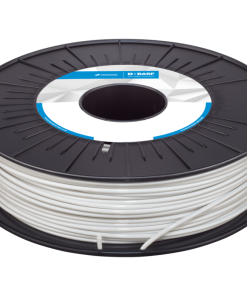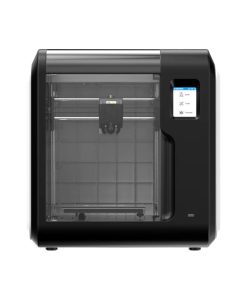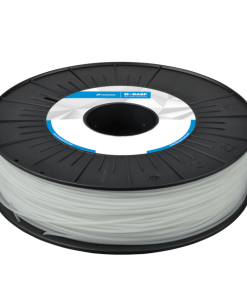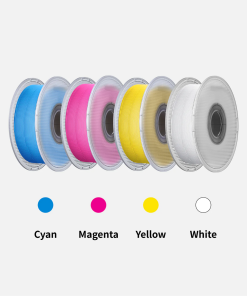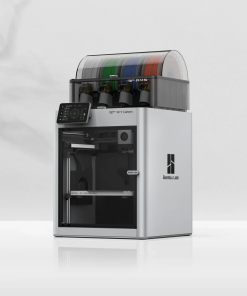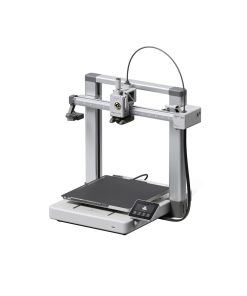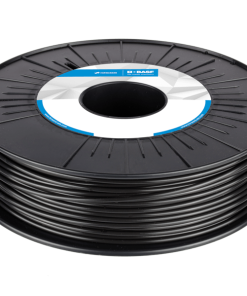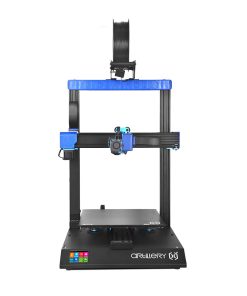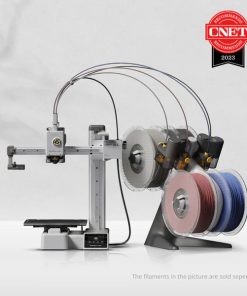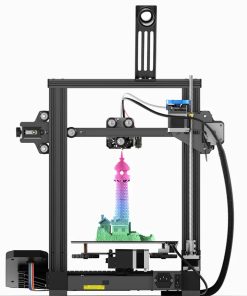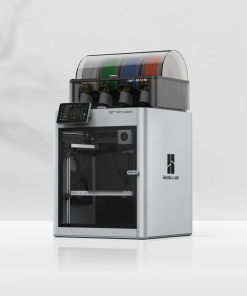Polymaker PolyTerra PLA+ in Black Polymaker
$ 21,99 $ 13,19
Polymaker PolyTerra PLA+ in Black
Designed to Create the Next Generation of 3D Printing Filaments
PolyTerra PLA+ is an enhanced bioplastic based 3d printing filament designed from the ground up to create the next generation of PLA+, providing ease of use, printing quality, speed and reliability. It is a sustainable product sourced naturally and for every spool sold a tree is planted to give back to the earth.
Polymaker has committed to planting one tree for every roll of filament sold. This makes PolyTerra PLA a net negative carbon producer, so you can rest easy with your choice of filament. Along with this carbon offset, PolyTerra PLA also biodegrades faster than most other PLA filaments in an industrial environment.
Printing Settings
Don’t waste your time fiddling with settings, and get printing right away. Check out our pre-tested print settings below to get started printing with your brand new filament even faster. Some settings may change slightly depending on your 3D printer.
- Hotend Temperature: 190°C – 230°C
- Bed Temperature: 25°C – 60°C
- Print Speed: 30mm/s – 70mm/s
- Fan: On
For Direct Drive Extruders
- Retraction Distance: 1mm
- Retraction Speed: 20mm/s
For Bowden Tube Extruders
- Retraction Distance: 3mm
- Retraction Speed: 40mm/s
Drying Settings
(Only if the material has absorbed water)
- 55°C for 6hr
Product Reviews
Features of Polymaker PolyTerra PLA+
Commitment to Environmental Sustainability
Polymaker’s PolyTerra PLA+ shows a commitment to environmental sustainability in a couple of different ways. First, PolyTerra is actually a bioplastic, meaning that it is a plastic compound created by combining Polylactic Acid (PLA) with a bio-compound derived from biodegradable and naturally occurring ingredients. This makes it possible to use 20% less plastic to make the same amount of filament with great physical characteristics.
Another step Polymaker is taking to make 3D printing more environmentally sustainable is by committing to plant 1 tree for every roll of PolyTerra PLA sold. 1 roll of PolyTerra, including the box, spool, bag, and filament, generates around 4kg of CO2 from cradle to factory. The one tree planted for that spool of filament should remove around 22kg of CO2 per year in maturity.
While PolyTerra is not biodegradable in the natural environment, it does biodegrade faster than other PLAs in industrial settings. While this does not solve all of our problems with plastics waste, Polymaker believes that it is a step in the right direction towards improving the end of life of our PLA in the 3D printing industry. If you want to learn more about the sustainable efforts put into the development and sale of Polymaker PolyTerra PLA+, click here.

More Information about PolyTerra PLA+
Professional packing and fast shipping
Due to our longstanding partnership with UPS FedEx DHL and other major global carriers, we are able provide a range of shipping options. Our warehouse staff is highly trained to package your goods exactly as per the specifications we offer. Before shipping the goods are carefully inspected and secured. Everyday we deliver thousands of packages to customers from all over the world. This is a testament to our commitment to be the largest online retailer worldwide. The warehouses and centers for distribution are situated in Europe and the USA.
Orders with more than one item are given processing time for each item.
Before shipping, we will conduct a thorough inspection of the items you've ordered. Currently, most orders are shipped within 48-hours. Expected delivery time is between 3 and 7 days.
Returns
The stock is dynamic and we do not fully manage it because of the fact that multiple stakeholders are involved, including our factory and warehouse. The actual levels of stock can change at any moment. It's possible that the stock may run out after your order has been placed.
The policy is 30 days. If you haven't received the product within 30 days, we are not able to issue a refund or an exchange.
For your item to be returned, it must be unopened and in the same state as you received it in. It must also be in the original packaging.
Related products
3D Printer
3D Printer
3D Printer
3D Printer
3D Printer
3D Printer
3D Printer
3D Printer
3D Printer
